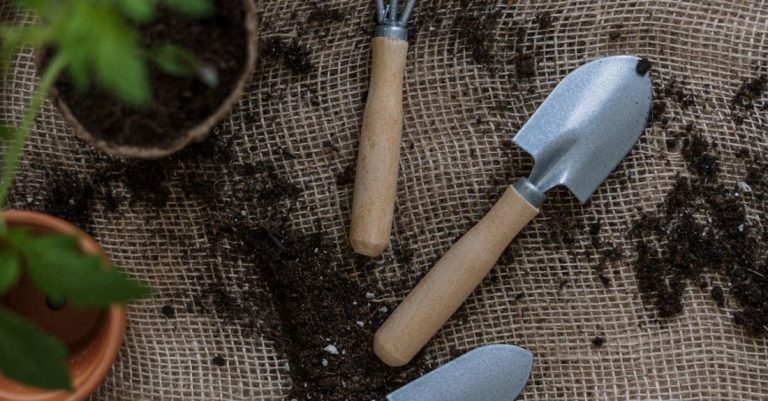
Creating an Organic Garden Plan
Planning is a crucial step in the process of establishing an organic garden. By developing a well-thought-out plan, you can ensure that your garden thrives and produces abundant, healthy crops. In this article, we will explore the key steps to creating an organic garden plan that will set you up for success.
Understanding Your Space
Before diving into the specifics of your garden plan, take the time to thoroughly assess your space. Consider factors such as the amount of sunlight your garden receives, the quality of your soil, and the available water source. By understanding these elements, you can tailor your garden plan to suit the unique characteristics of your space.
Choosing the Right Crops
Selecting the right crops for your organic garden is essential for a successful harvest. Consider factors such as your local climate, the amount of space you have available, and your personal preferences. Choose crops that are well-suited to your growing conditions and that you and your family will enjoy eating.
Companion Planting
Incorporating companion planting into your organic garden plan can help improve plant health and maximize your garden’s productivity. By planting certain crops together, you can deter pests, attract beneficial insects, and improve soil quality. Research companion planting strategies to determine which combinations will work best in your garden.
Crop Rotation
Crop rotation is a key practice in organic gardening that helps prevent soil depletion and reduce pest and disease problems. When creating your garden plan, consider how you will rotate your crops from season to season to maintain soil fertility and overall garden health. Plan out which crops will follow each other in your garden beds to optimize growth and yield.
Organic Pest Control
Implementing organic pest control methods in your garden plan is essential for maintaining a healthy and thriving garden. Research natural ways to deter pests, such as planting pest-repelling herbs or using homemade insecticidal soaps. By incorporating these strategies into your garden plan, you can minimize the need for harmful chemical pesticides.
Watering Schedule
Developing a watering schedule is crucial for ensuring that your plants receive the proper amount of water without overwatering. Consider factors such as the water needs of your crops, the time of day to water, and the best methods for irrigation in your garden. Tailor your watering schedule to the specific needs of each plant to promote healthy growth.
Soil Health
Maintaining soil health is fundamental to the success of your organic garden. Consider incorporating organic fertilizers, compost, and mulch into your garden plan to improve soil fertility and structure. Regularly test your soil to ensure that it has the proper balance of nutrients for optimal plant growth.
Harvesting and Storage
As you develop your organic garden plan, consider how you will harvest and store your crops once they are ready. Plan ahead for harvesting times, proper storage methods, and ways to preserve your harvest through canning, freezing, or drying. By thinking ahead, you can ensure that your hard work in the garden pays off with a plentiful harvest.
Reflecting and Adapting
Once you have implemented your organic garden plan, take the time to reflect on its effectiveness and make any necessary adjustments. Consider what worked well and what could be improved upon in future seasons. By continuously evaluating and adapting your garden plan, you can create a thriving organic garden that yields bountiful, healthy crops year after year.
In conclusion, creating an organic garden plan is a foundational step in establishing a successful and productive garden. By understanding your space, choosing the right crops, incorporating companion planting, practicing crop rotation, implementing organic pest control, developing a watering schedule, maintaining soil health, planning for harvesting and storage, and reflecting and adapting, you can create an organic garden that thrives and provides you with a sustainable source of fresh, nutritious produce. With careful planning and attention to detail, you can enjoy the many benefits of cultivating your own organic garden.





